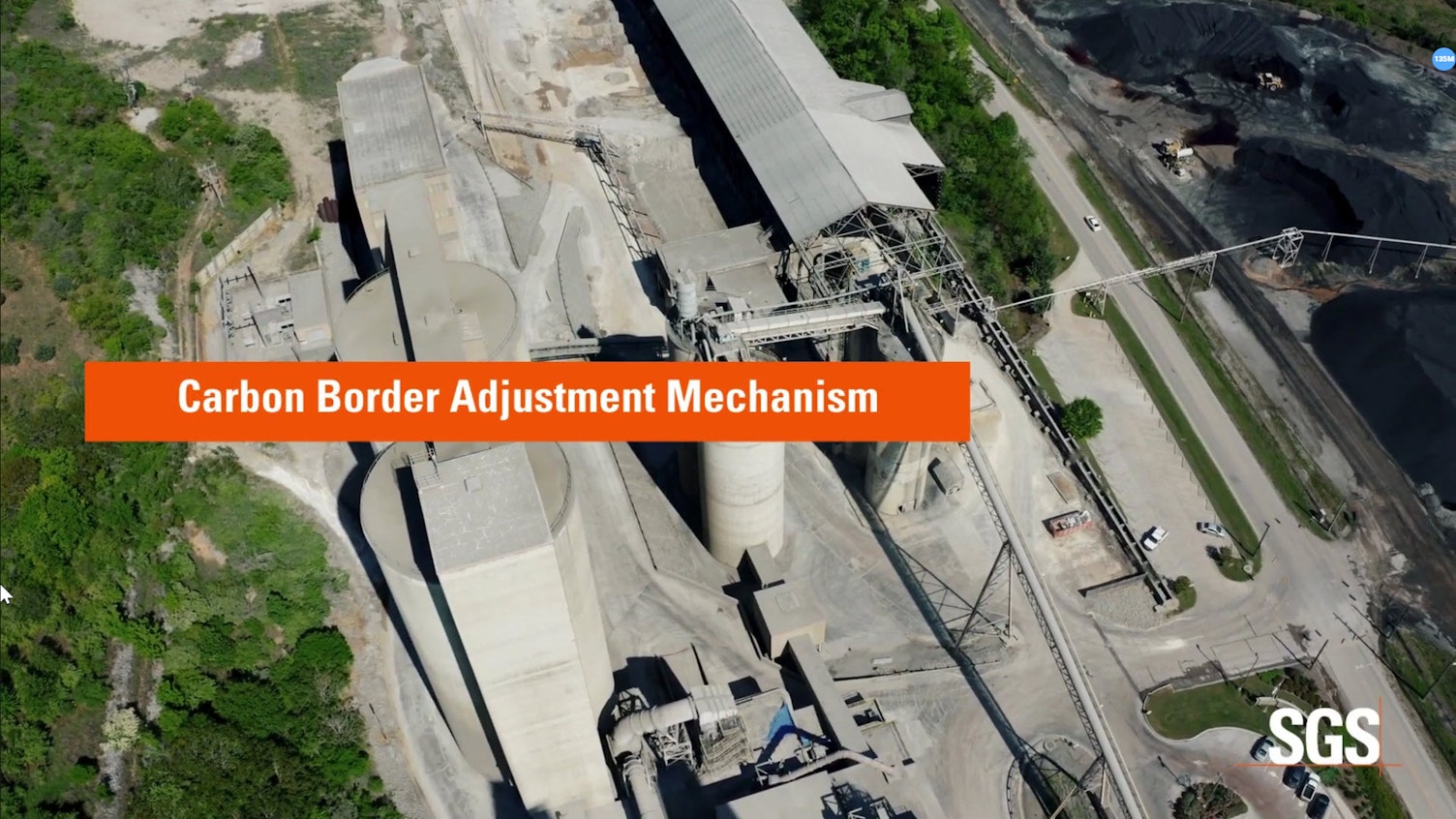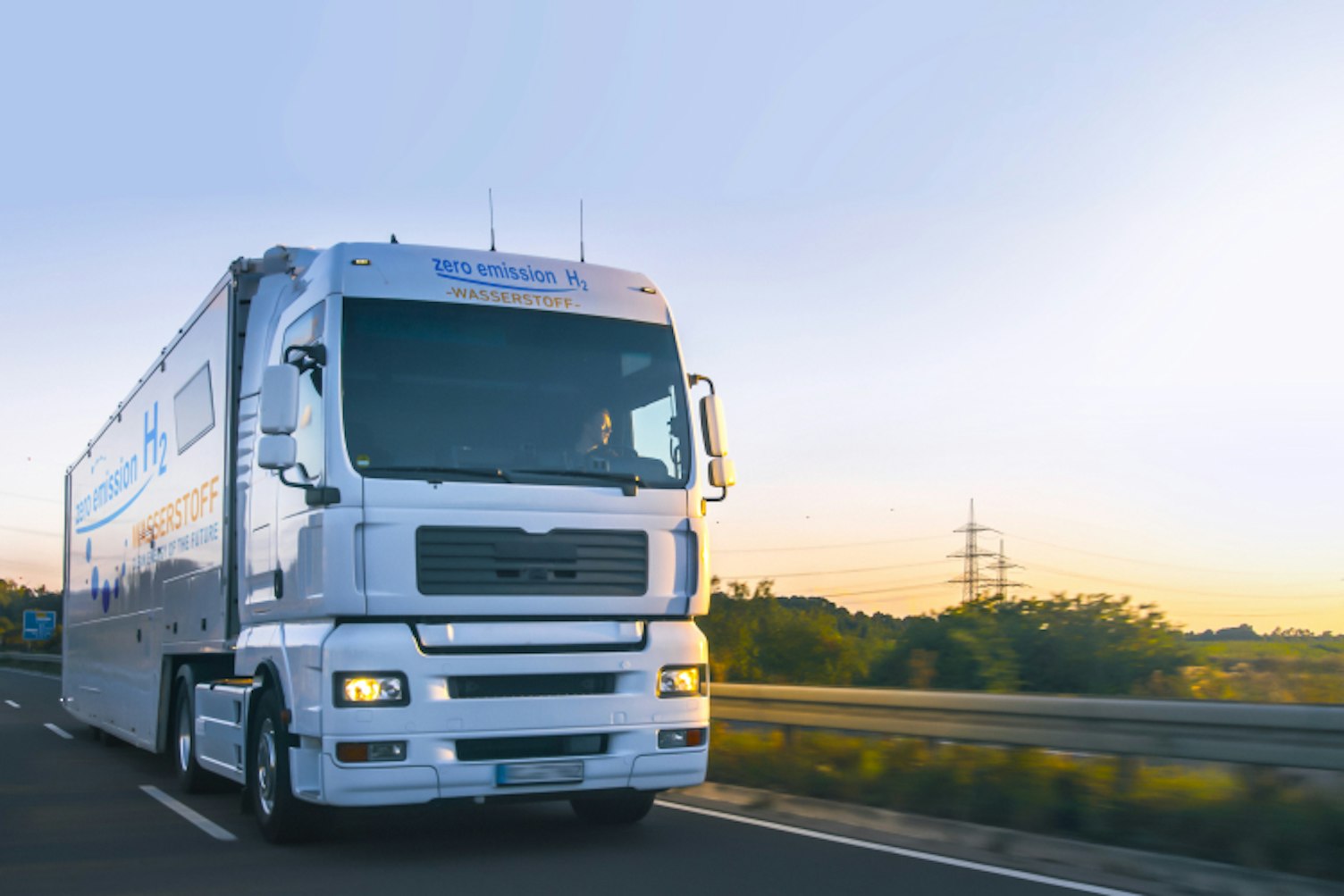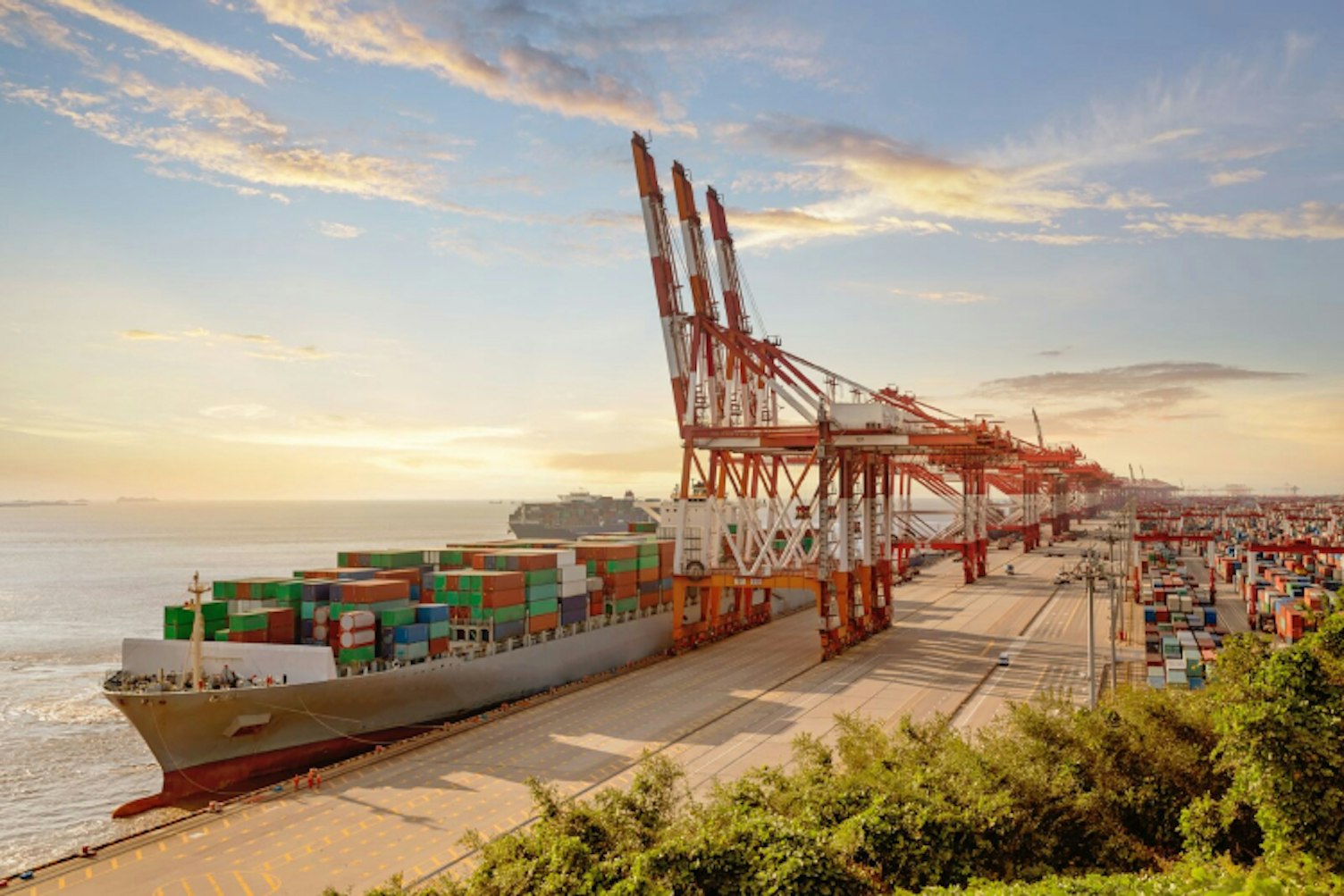The Carbon Border Adjustment Mechanism (CBAM) regulation addresses carbon leakage from products, goods, derivatives and certain precursors imported into the European Union. The regulation aims to equalize the carbon cost of imported products with that of domestic products. CBAM will be implemented in two phases – the transitional period, from October 31, 2023, and the permanent system, which enters into force on January 1, 2026.
We offer a range of CBAM services to help you meet the requirements – from accounting and gap assessments to verification.

A comprehensive range of CBAM services from SGS
- Ongoing support through the transitional periodDevelop and implement an accounting methodology and system that is compliant with CBAM requirements to ease emissions monitoring and periodic reporting to CBAM declarants.
- Technical training Get bespoke technical training for your industry and products.
- Gap assessmentEnsure that your accounting system meets CBAM requirements. We assess current GHG emission accounting and alignment to CBAM requirements.
- Emissions verificationAcquire accredited verification of your GHG emissions (from 2026).

What industries and products need to meet CBAM requirements?
The CBAM regulation covers imports of cement, iron and steel, aluminum, fertilizers, electricity and hydrogen for emissions of carbon dioxide, nitrous oxide and perfluorocarbons. In the future, iron, steel, aluminum and hydrogen will be taxed for direct emissions. Cement, fertilizers and electricity will also be covered, and in the future taxed, for direct and indirect emissions.
The CBAM is likely to cover additional sectors and products and is expected to cover all sectors included in the European Union Emissions Trading Scheme (EU ETS) by 2030.
How does CBAM work?
EU importers are required to apply for authorized CBAM declarant status. Importers can also appoint indirect custom representatives to apply for authorization. Each authorized CBAM declarant will be issued with a CBAM account number.
The CBAM Registry and the Common Central Platform are two key elements of the CBAM regulation. The CBAM Registry includes data on authorized CBAM declarants, operators and installations in non-EU countries. The Common Central Platform will be used for the sale and repurchase of CBAM certificates.


What is the transitional period?
During the transitional period, importers of goods that fall within the scope of CBAM will have to report greenhouse gas emissions embedded in their imports without surrendering CBAM certificates.This transitional period is geared towards information collection to ensure preparedness for the definitive system and to create awareness on what will be required from exporters and importers.
Importers will have to report the embedded emissions in imported goods on a quarterly basis, setting out direct and indirect emissions and any carbon price paid abroad.
Exemptions


CBAM accounting and gap analysis services in Hong Kong
In Hong Kong, we support exporters with dedicated services to prepare for the EU CBAM and Emissions Trading System (ETS) rules. Our local experts combine regional market knowledge with global compliance expertise to help you quantify embedded emissions, identify reporting gaps and ensure your monitoring systems are ready for the definitive regime starting January 1, 2026. Our CBAM accounting and gap analysis services enable you to:
- Benchmark emissions monitoring and reporting systems against EU CBAM requirements
- Conduct pre-verification assessments to uncover data gaps, errors and improvement opportunities
- Calculate embedded emissions of CBAM goods using direct, indirect and precursor data
- Ensure alignment of monitoring methodology documents and GHG accounting reports with EU rules
- Minimize the risk of non-compliance, penalties and reputational damage through early readiness
Units 303 & 305, 3/F, Building 22E,
Phase 3, Hong Kong Science Park,
Pak Shek Kok, New Territories, Hong Kong, China